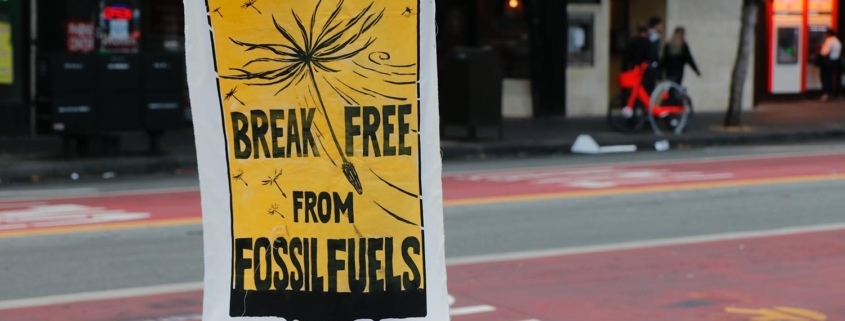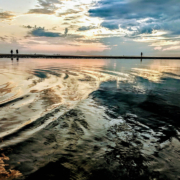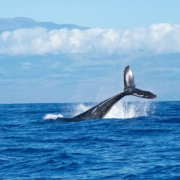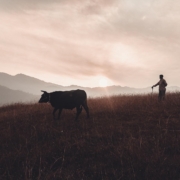COP28: What is a Just Energy Transition for Indigenous Peoples?
COP28: What is a Just Energy Transition for Indigenous Peoples?
Climate change is decimating Indigenous ecosystems and there are differing interpretations of what a just transition to green energy from fossil fuels looks like. For industry, a just transition means protecting the jobs of oil and gas workers as the economy shifts away from a dependency on oil and gas toward a decarbonized world. Whereas for Indigenous Peoples and allied climate advocates, seeking a global shift to green energy means asserting the importance of justice and fairness; this requires holding rich and industrialized nations accountable for reducing the use of fossil fuels and moving to cleaner sources of energy. Ultimately, if the survival of Indigenous communities’ is considered, what is needed is global renewable energy revolution to reduce the impact of climate change on “communities that played little role in causing [the] crisis.”
The International Indigenous Peoples’ Forum on Climate (IIPFCC), often referred to as the Indigenous Peoples’ Caucus, addressed the COP28 opening plenary session stating how they would influence negotiations and “assert their inherent, distinct, internationally recognized rights.” Indigenous Peoples representing seven socio-cultural regions of the IIPFCC (i.e., Africa, The Arctic, Asia, North America and the Caribbean, The Pacific, Russia and Eastern Europe) called for several strategies for a “just transition that respects Indigenous rights and knowledge”; these are:
- A mechanism for presenting grievances when carbon trading and offset schemes might impact the rights and lands of Indigenous [P]eoples;
- Strategies that prioritize the prevention of catastrophic loss and damage from climate change;
- Direct access to funds when damage occurs;
- Equitable phaseout of fossil fuels
All these strategies are part of an overall call by Indigenous leaders at COP28 to end false solutions to climate change in favour of nature-based solutions, and while keeping the aim to limit global warming central. As experts in environmental defense, Indigenous climate advocates have declared that “enough is enough.” Speaking at COP28 Dr. Myrle Ballard of Lake St. Martin First Nation, who is also an associate professor at the University of Manitoba and chief advisor for Indigenous science with Environment and Climate Change Canada, spoke to the CBC about the crucial role that Indigenous Peoples play in witnessing and documenting the impact of climate change on the land; she noted: “It’s Indigenous people’s observations that are really critical because … they’re the predictors of what’s happening in real time, what’s happening on the land. They’re the early warning system.”
At the time of writing this article, the UN was still negotiating a final agreement at COP28, extending the meeting time to reach a final deal, with a phase out or phase down to, ultimately, signal an end to fossil fuels. However, as reported, “[g]lobal consumption of oil is at a record high and is expected to increase further during the next few years at least” and, based on the first draft COP28 agreement, the requirement for a “just transition” to end the use of fossil fuels is looking like an optional one.
By Leela Viswanathan
(Image Credit: Eelco Bohtlingk, Unsplash)


 Benjamin Voros
Benjamin Voros
 Abigail Lynn
Abigail Lynn


 Andreas Gucklhorn
Andreas Gucklhorn